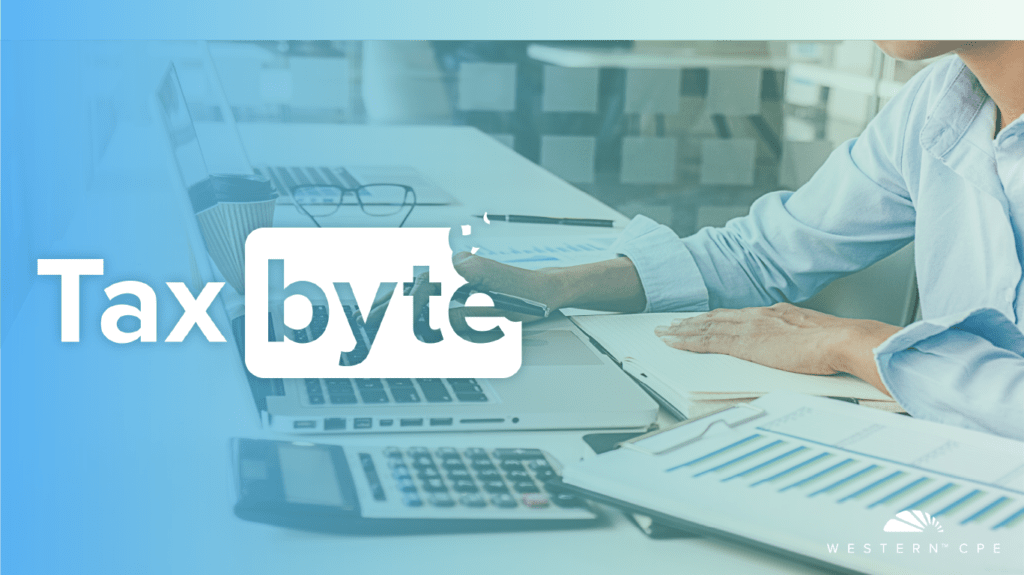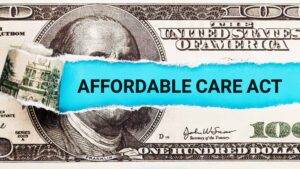
With more than 6 million S Corporation returns filed each year, we'll break down the
6 min read

Happy Friday, tax & accounting pros. In an effort not to blow up your inbox during busy season, we’ve been lyin’ low lately. But we’ll send you off to your weekend (you’ll probably still be working) by getting a few noteworthy developments that occurred this week on your radar in case you missed them.
March 24: FinCEN provides beneficial ownership information reporting guidance. Today, the U.S. Treasury Department’s Financial Crimes Enforcement Network (FinCEN) published its first set of guidance materials to aid the public in understanding recently issued final regulations, effective January 1, 2024, that require many corporations, limited liability companies, and other entities created in or registered to do business in the U.S. to report beneficial ownership information —the persons who ultimately own or control the company—to FinCEN.
The following guidance materials, among others, are now available on FinCEN’s beneficial ownership information reporting webpage:
March 22: IRS releases updated FAQs for Form 1099-K. The IRS on March 22 released updated FAQs for Form 1099-K, Payment Card and Third Party Network Transactions. The new and updated FAQs supersede those posted on December 28, 2022 and include the following updates:
March 21: IRS releases proposed regulations on Advanced Manufacturing Investment Credit. The proposed regulations, REG-120653-22, published in the Federal Register on March 23, implement the advanced manufacturing investment credit under section 48D established by the CHIPS and Science Act of 2022 (P.L. 117-167) to incentivize the manufacture of semiconductors and semiconductor manufacturing equipment within the U.S. These proposed regs affect taxpayers who claim the advanced manufacturing investment credit or instead make an elective payment election.
Note. The proposed regs are to apply to tax years ending on or after the date the regulations are finalized. However, taxpayers may rely on the proposed rules for property placed in service after December 31, 2022, provided the taxpayers “follow the proposed regulations in their entirety and in a consistent manner.”
March 21: IRS issues guidance on treatment of certain NFTs as section 408(m) collectibles. The IRS on March 21 announced in Notice 2023-27 the intent to issue guidance treating certain nonfungible tokens (NFTs) as section 408(m) collectibles.
According to the IRS:
Looking ahead, until additional guidance is issued the IRS intends to determine when an NFT is treated as a collectible by using a “look-through analysis.” Under the look-through analysis, an NFT is treated as a collectible if the NFT’s associated right or asset falls under the definition of collectible in the tax code. The IRS is requesting comments by June 19, 2023, on any aspect of NFTs that might affect the treatment of an NFT as a section 408(m) collectible.

Stay updated with more breaking tax-related developments by subscribing to Tax Bytes with Jessica Jeane, J.D.






Subscribe to our news, analysis, and updates to receive 10% off your first purchase of an on-demand digital CPE course.